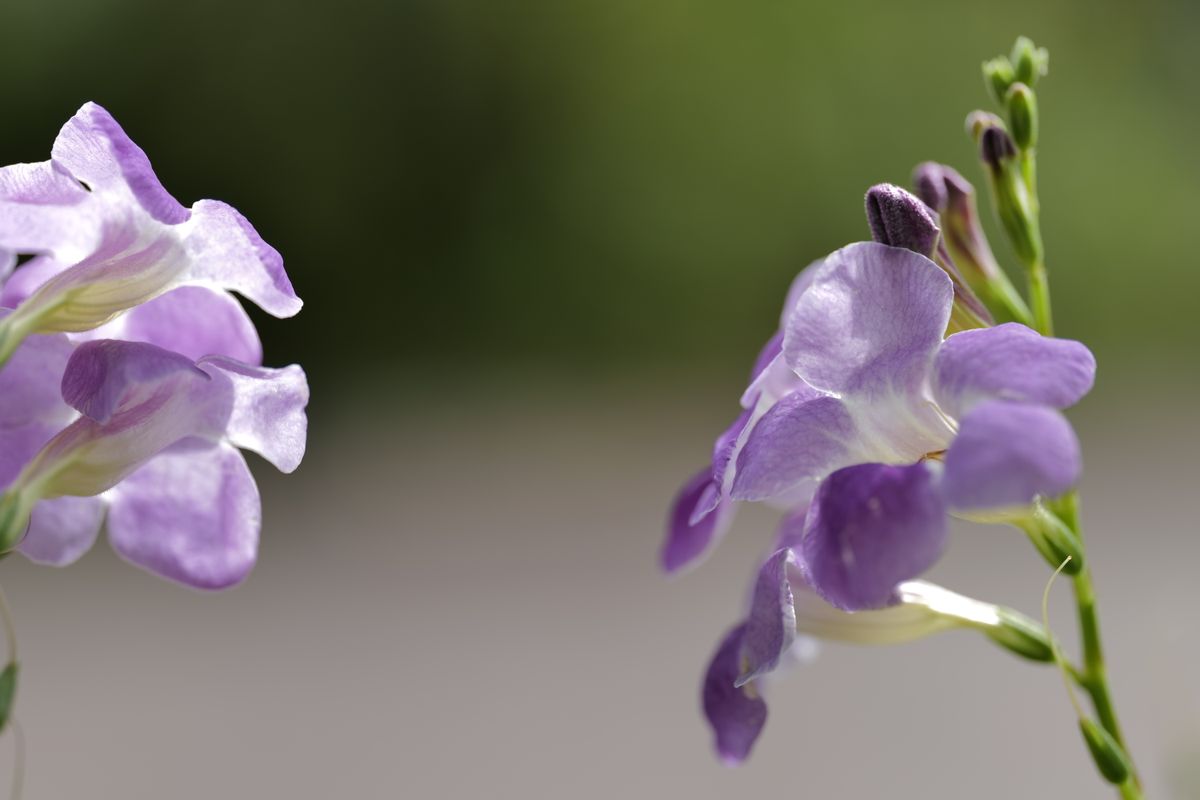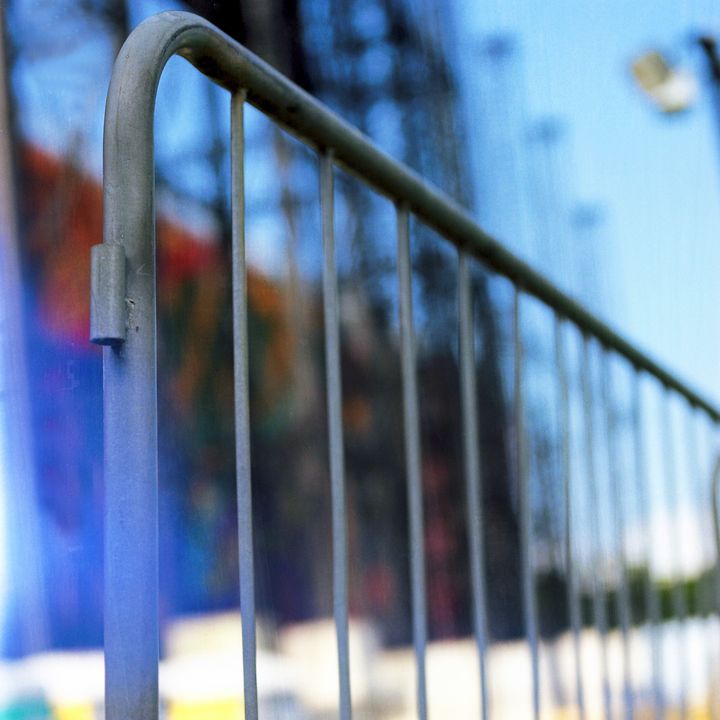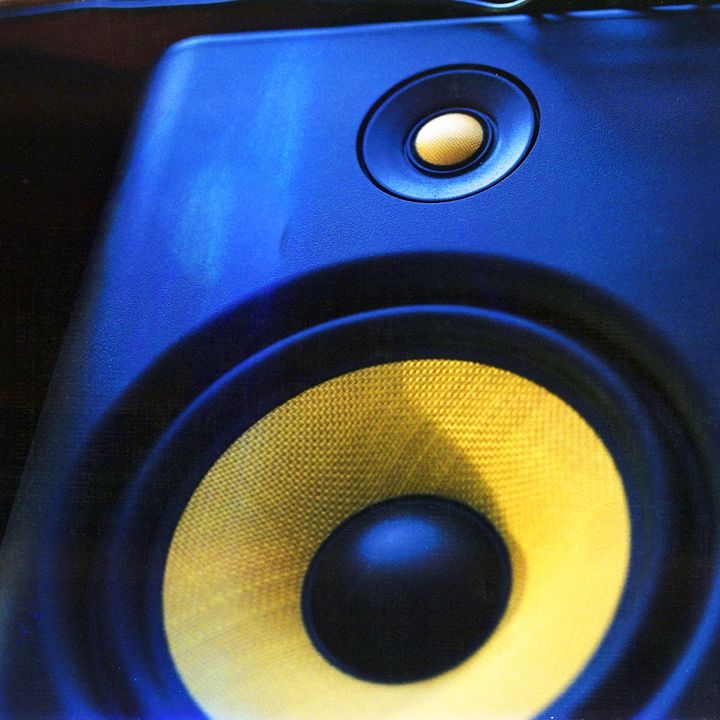QT 11/02/2025 Tue. Isaiah 2. Reversals to come: Highs & Lows. 即将到来的逆转: 高点与低点.

QT 11/02/2025 Tue. Isaiah 2. Reversals to come: Highs & Lows.
READ http://www.esvbible.org/isaiah2
Helping God's people detect the differences:
The nations (Gentiles) shall one day respond favourably to God's ways (2:3), come near to learn God's laws (2:3), "walk in his paths" (2:3) and attain the seemingly unattainable peace between nations (2:4). What do we see when we look inwardly?
In Isaiah 1 we saw the decay of God's people. Therefore, Isaiah exhorts readers to detect the difference between the ideal and the reality—if the Gentiles would "flow" to the mountain of the house of the LORD in the latter days (2:2), it was more than urgent for those who claim to be God's people to set the standard and walk with the right flow right now. Isn't it?
Isaiah 2:5
[5] O house of Jacob,
come, let us walk
in the light of the LORD. (ESV)
Helping God's people diagnose the illness:
Light is associated with the LORD, holiness, purity and testimony. His people was supposed to be "a light to the nations" (Isaiah 49:6), yet they remained at a low point of their national history, their light darkened, filtered and muted by various things:
(1) Their national father, Abram, was called out from the east to form the nation (Genesis 11 and 12). Yet his descendants are "full of things from the east" (2:6). Have we forgotten our spiritual roots, clinging on to things which we once wanted to escape from?
(2) They are rightly "the house of Jacob", a descendant of Abram, yet they took the cue not from the one who had parted the Red Sea and River Jordan for them, but from "fortune-tellers like the Philistines" (2:6). Why associate with the chaotic occult when you have God's laws to read and rely on?
(3) They were warned about how silver, gold and chariots would instill pride when not managed properly and change their humble speech to lofty ones.
Isaiah 2:7–9
[7] Their land is filled with silver and gold,
and there is no end to their treasures;
their land is filled with horses,
and there is no end to their chariots.
[8] Their land is filled with idols;
they bow down to the work of their hands,
to what their own fingers have made.
[9] So man is humbled,
and each one is brought low—
do not forgive them! (ESV)
The mechanical cycle of "getting entangled in sin, asking for forgiveness thereafter, yet sinning again" was not new (See Book of the Judges). God's people might drop so low such that this cycle seemed as a matter of fact. Can this cycle be broken? The prophet was apparently frustrated by "the haughty looks of man" (2:11) and their "lofty pride" (2:11). Isaiah thus blurted out "Do not forgive them" (2:9) hoping that their cycles of prideful attitude of taking the LORD for granted again and again would be stopped.
Helping God's people stay humble
The mountain of the house of the LORD (worship), His word and "the splendor of his majesty" (2:10) were to occupy a high status in their religious lives. Other stuffs should not usurp this first place (2:13–18). Ironically, God's people "bow down to the work of their hands, to what their own fingers have made" (2:8)–the wrong kind of "low". Stay humble:
Isaiah 2:22
[22] Stop regarding man
in whose nostrils is breath,
for of what account is he? (ESV)
QT 11/02/2025 星期二. 以赛亚书 2. 即将到来的逆转:高点与低点.
阅读 http://m.bbintl.org/bible/ncv/isa/2
帮助上帝的子民发现差异:
列国(外邦人)终有一天会对上帝的道路做出积极的回应(2:3),就近学习上帝的律法(2:3),“遵行他的路”(2:3),实现看似遥不可及的国与国之间的和平(2:4)。当我们向内看时,我们看到了什么?
在以赛亚书第一章中,我们看到了上帝子民的衰败。因此,以赛亚告诫读者要发现理想与现实之间的差异--如果外邦人在末后的日子会 “都要流归这山” (耶和华殿的山)(2:2),那么那些自称是上帝子民的人就更应该树立标准,现在就与正确的潮流同行。不是吗?
《以赛亚书》2:5 雅各家啊,来吧!我们要在耶和华的光中行走!
帮助上帝的子民诊断疾病:
光与耶和华、圣洁、纯净和见证有关。祂的子民本应成为 “列国的光”(以赛亚书 49:6),然而他们却一直处于民族历史的低谷,他们的光被各种事物遮蔽、过滤和消解了:
(1)他们的国父亚伯兰从东方被召出来建国(创世记 11 和 12 章)。然而,他的后裔却 “充满了东方的迷信”(2:6)。我们是否忘记了自己的属灵之根,紧紧抓住我们曾经想要逃离的东西不放?
(2)他们理所当然是 “雅各家”,是亚伯兰的后裔,但他们却不是从为他们分开红海和约旦河的神那里,而是从 “像非利士人一样的算命先生 ”那里(2:6)获得了阙如。既然有上帝的律法可以阅读和依赖,为什么还要与混乱的神秘学为伍呢?
(3)警告他们,金银和战车如果管理不当,就会使人骄傲,使他们谦卑的言语变成豪言壮语。
以赛亚书 2:7-9 他们的地满了金银,他们的财宝没有穷尽,他们的地满了马匹,他们的车辆也无数。8 他们的地满了偶像;他们敬拜自己双手所做的,就是他们的指头所做的。9 卑贱人向偶像俯首,尊贵人也降卑,所以不可饶恕他们。
“陷入罪中,请求宽恕,却又再次犯罪“的机械循环并不新鲜(见《士师记》)。上帝的子民可能会堕落到如此地步,以至于这种循环似乎是理所当然的。这种循环能被打破吗?先知显然对 “眼目高傲”(2:11)和他们的 “性情骄傲”(2:11)感到沮丧。因此,以赛亚大声疾呼:“所以不可饶恕他们”(2:9),希望能阻止他们一而再、再而三地将耶和华视为理所当然的骄傲态度。
帮助上帝的子民保持谦卑
耶和华殿的山(敬拜)、祂的话语和 “他威严的荣光”(2:10)在他们的宗教生活中占据崇高地位。其他东西不应篡夺这一首要地位(2:13-18)。具有讽刺意味的是,上帝的子民 “他们敬拜自己双手所做的,就是他们的指头所做的”(2:8)--错误的 “卑贱”。保持谦卑:
以赛亚书 2:22 你们不要倚靠世人,他的鼻孔里只有一口气息,他实在算得什么呢?


